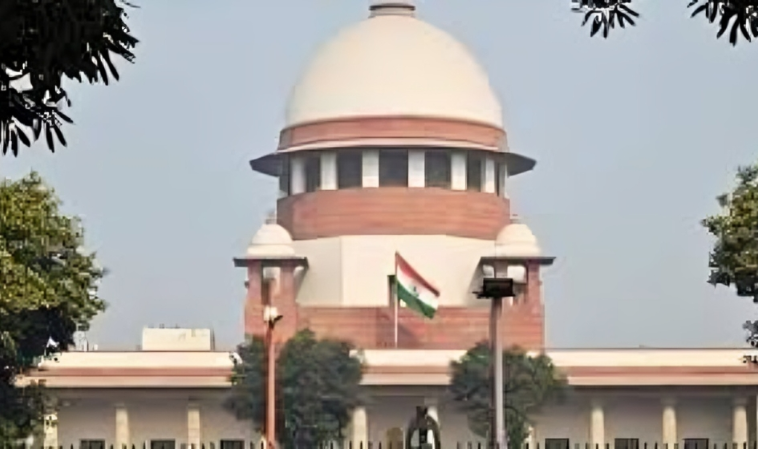
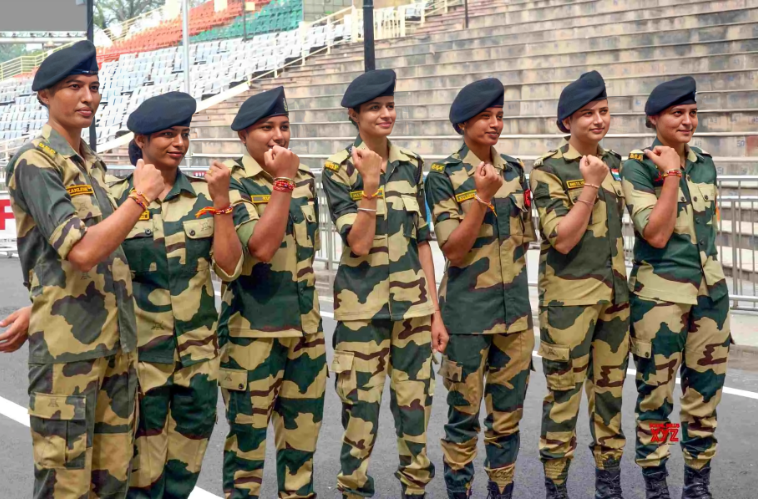
Serve At Borders, We'll Serve Your Families’: New Legal Aid Scheme For Soldiers | Top News In India Today
New Delhi: July 26, 2025 — In commemoration of Kargil Vijay Diwas, the Indian government has made a historic move to assist its military forces—not only on the battlefield, but also back home. In a step that may recast the way the country thinks about soldier welfare, Union Defence Minister Rajnath Singh announced the "Sainik Parivar Suraksha" scheme, an all-encompassing legal and administrative support scheme for the families of soldiers posted at the country's most volatile frontiers.
The initiative promises free legal help, faster resolution of civil disputes, and structured legal support for families of soldiers deployed in conflict-prone zones like Ladakh, Siachen, Arunachal Pradesh, and the Line of Control in Jammu and Kashmir.
“You serve at the borders; we’ll serve your families,” declared Rajnath Singh, addressing a gathering of military officials, veterans, and citizens at the National War Memorial in Delhi.
This is a feeling, so plain and so deep, that signifies the government's changing emphasis from symbolic gestures to concrete, day-to-day assistance for the men and women who guard India's sovereignty. The scheme has quickly become part of the top news in India and is trending across multiple national platforms.
What is the "Sainik Parivar Suraksha" Scheme?
The new scheme aims to alleviate the psychological and emotional burden on troops who are otherwise anxious about their family members' welfare back in their native places. According to this program, the government provides:
-
Free legal assistance for civil matters such as property disputes, domestic harassment, pension disputes, and land encroachment.
-
District-level legal assistance panels, trained specifically to deal with defence-family-related problems.
-
Preliminary hearing of cases in civil courts in liaison with state judiciary systems.
-
Special helplines for quick legal advice and redressal of grievances.
-
Periodic visits by district legal officers to homes of elderly dependents or distressed families.
This comprehensive support system is designed to provide soldiers with peace of mind so they can focus on their military responsibilities without the burden of unresolved legal issues besetting their families. This initiative has already been listed among the 5 latest news of India today and is expected to impact over a million armed forces families across the country.
Why Now? The Increasing Demand for Legal Assistance
While Indian soldiers have been celebrated as heroes for generations, their internal struggles pass without notice. Numerous ones bear the psychological weight of knowing that their families are engaged in lengthy court cases—be it for ancestral property, encroachment, family disputes, or delayed pensions.
An internal Army report that was seen by defence officials in early 2025 showed some alarming figures:
-
1 in 5 soldiers indicated legal stress for their families.
-
Over 37% of cases involved land or property disputes.
-
Over 15% of rural jawans reported that they found it difficult to organize basic legal assistance for their families.
It is logistically and emotionally not possible for soldiers stationed in far-off high-altitude regions to assist their families to wage such legal battles. The launch of this scheme has therefore been welcomed in the Today national news updates as a long-awaited measure.
"National service should not be at the expense of family harmony," said Army Chief General Manoj Pande, an ardent supporter of the scheme. "This is a policy, but more importantly, a moral obligation we have towards each soldier."
Real-Life Example: One Soldier's Story
Naik Suresh Chavan, who is based near Eastern Ladakh, termed the announcement "a blessing." His family, who live on the outskirts of Pune, has been embroiled in a long-standing land ownership dispute with relatives over a joint ancestral land.
"My father is 68 and diabetic. I couldn't be present for court hearings. Seeing them toil while I'm stranded in high-altitude areas shattered me mentally," he said over the phone.
"Now, having the government come in with legal assistance is a huge relief."
Chavan's case is not unique. Thousands of current servicemen, particularly those from rural and semi-urban India, grapple with intricate family legal matters, frequently without adequate knowledge or financial backing to seek resolution. News portals covering India breaking news now have highlighted similar stories of soldiers across other states like Bihar, Rajasthan, and Tamil Nadu.
Multi-Ministry Collaboration: Defence, Law, and States Join Hands
The Ministry of Defence, in cooperation with the Ministry of Law and Justice, has enlisted the assistance of the state governments to implement the scheme on the ground.
Most notable features of execution are:
-
Appointing Nodal Legal Officers in areas of high enlistment.
-
Assigning "Sainik Legal Cells" at the taluka and district levels.
-
Incorporation of military legal professionals to provide advice on specific defence-related pension and property regulations.
-
Monitoring progress of cases on a monthly basis by district collectors or deputy commissioners.
A few pilot runs that were carried out earlier in the year in Punjab, Himachal Pradesh, and Uttar Pradesh demonstrated encouraging initial success, with more than 1,200 family disputes settled within less than three months. As per latest news of India reports, several other states are now preparing to roll out similar panels by August 2025.
Legal Community and Defence Experts Weigh In
The legal community and defence experts have been generally very supportive. A retired High Court lawyer and military wife, Advocate Preeti Sharma, stated:
"This is the first time that the government has recognized that war is not only fought on the borders, but in courtrooms at home as well."
But veterans and vigilantes warn that administrative red tape should not be allowed to hamper the enthusiasm of this scheme.
Major (Retd.) Anil Bhatia, an ex-legal officer of the Indian Army, identified some points of concern:
-
Troops can be reluctant to report issues for fear of damage to reputation or just not knowing.
-
Coordination between defence and civilian legal frameworks must be streamlined.
-
Transparency and reporting mechanisms must be incorporated from Day 1.
"Intent is noble. Now we must ensure action follows without delay," said Bhatia to ReportBuzz.
The Bigger Picture: Redefining Patriotism
The introduction of "Sainik Parivar Suraksha" marks a change in paradigm on how India respects its soldiers—not only through rewards or parades, but even through policy interventions that affect their families' everyday lives.
India possesses one of the world's biggest standing armies, with more than 1.4 million active troops. A good number of these warriors belong to ordinary, lower-middle-class backgrounds in which court fights can ruin families both financially and emotionally.
In stepping in with state-funded legal aid, the government not only redressed a long-overlooked aspect of soldier's welfare, but also cleared the ground for policy-driven patriotism—a topic now seen across 5 latest news of India today headlines.
Conclusion: A Timely Tribute to the Real Heroes
As India marks 26 years of its victory in the Kargil War, the announcement of this initiative could not have been more symbolic. The slogan—“You serve at the borders, we’ll serve your families”—goes beyond words. It is an action-oriented tribute to the selfless dedication of India’s armed forces.
In the years to come, its success will be a function of how well it is implemented, tracked, and customized to address local challenges. But one thing is certain—the debate on soldier welfare in India has forever been altered.
This is no longer about borders alone. It's about homes, families, dignity, and justice—a message now deeply embedded in the today national news and among the latest news of India updates.
latest news updates on - reportbuzz.in
The nation’s gratitude must reflect not just in words, but in action. As soldiers safeguard our borders, the country must stand firmly behind their families.
In related news: Narendra Modi becomes the 2nd longest-serving Prime Minister of India

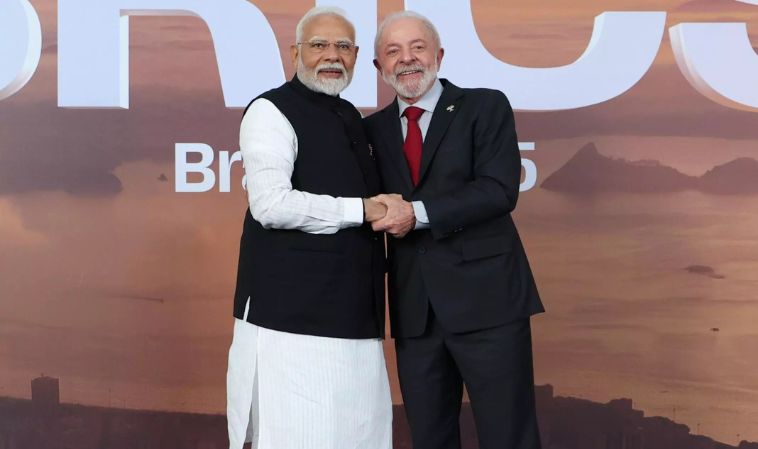

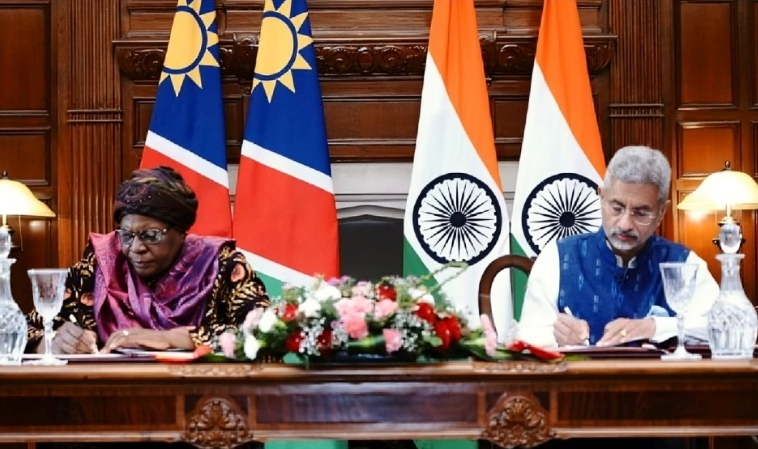
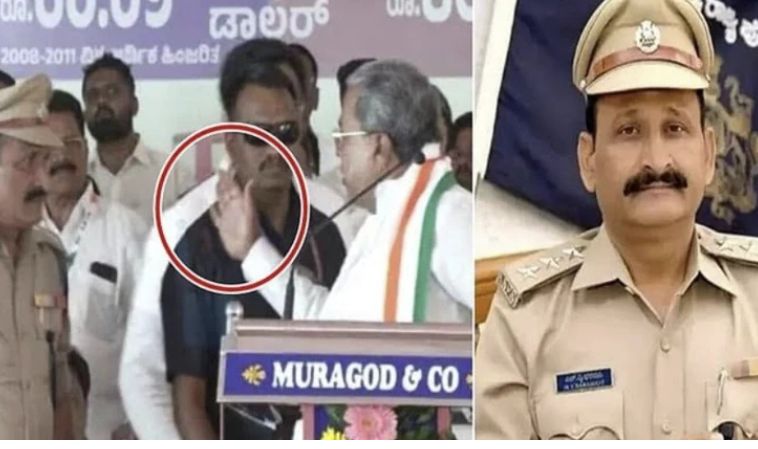
0 Comments